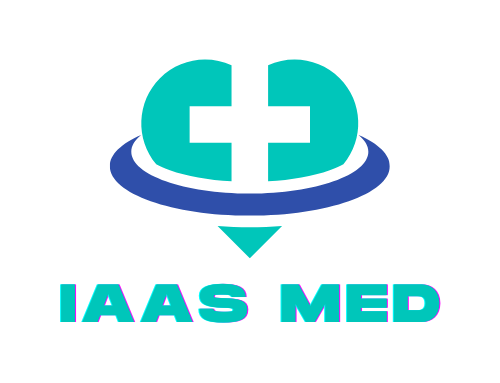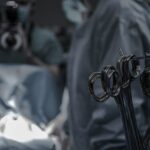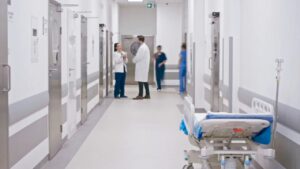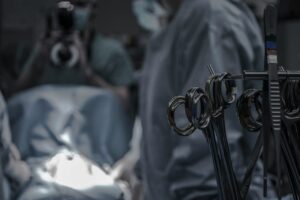Recovering from appendix removal isn’t just about taking it easy—it’s about giving your body exactly what it needs to heal from the inside out.
After surgery, even everyday foods can affect your comfort, digestion, and how quickly you bounce back.
The right diet can speed up wound healing, minimize complications, and help you regain your strength sooner, while the wrong foods can set you back or leave you feeling miserable.
If you’re unsure what to eat after your appendix surgery, you’re not alone.
Most people have questions about what their first meals should look like, which foods are safe, and when it’s okay to return to their regular diet.
Key Takeaways
- Initially, after appendix removal surgery, it’s recommended to follow a liquid diet to minimize strain on the digestive system.
- As recovery progresses, soft foods like applesauce, mashed potatoes, and puddings can be introduced to the diet slowly.
- Fiber-rich foods like cooked vegetables and fruits, along with protein sources such as lean meats and eggs, are crucial for aiding the healing process and should be added gradually.
- Foods to avoid post-surgery include fried and fatty foods, dairy products, spicy foods, raw vegetables and fruits with skins, and nuts and seeds.
- Opt for small, frequent meals and consult with a healthcare professional to tailor the diet to your recovery needs.
Foods to Embrace
After appendix removal surgery, your digestive system needs time to heal and regain its strength.
The key is to start simple and gradually reintroduce more substantial foods as your body can tolerate them.
Here’s a roadmap to guide your dietary choices during this critical period:
1. Liquid Diet: The First Step

In the initial days post-surgery, stick to a liquid diet to minimize strain on your digestive system. It is a phase that allows your body to heal without putting unnecessary strain on the digestive tract accoridng to NCBI.
Liquids are easier to digest and absorb, giving your system the time it needs to adjust while still providing essential nutrients.
The duration of this phase will depend on the specifics of your surgery and your doctor’s recommendations, but it typically lasts for the first few days post-surgery.
Below are the best options to include in your liquid diet and their associated benefits.
| Category | Options | Benefits |
|---|---|---|
| Broths | Chicken, Vegetable, Beef | Nourishing, Hydrating |
| Herbal Teas | Chamomile, Ginger (non-caffeinated) | Gentle on the stomach |
| Clear Juices | Apple, Cranberry (diluted if necessary) | Provides energy without overwhelming stomach |
By doing so, you’ll give your body the gentle nourishment it needs without causing undue stress to your healing system.
Your diet can gradually expand to include more solid, nutrient-dense foods.
Always follow your healthcare provider’s guidance for the most suitable progression based on your recovery progress.
2. Soft Foods: Gradual Introduction
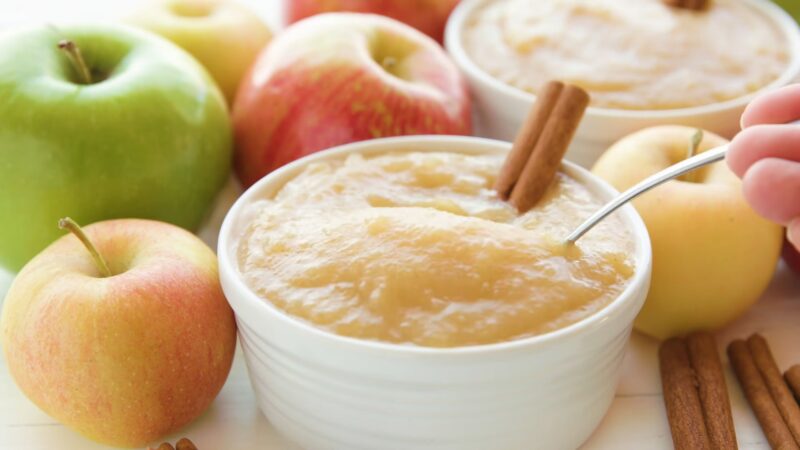
As you begin to feel better, soft foods can be slowly added to your diet. These foods are gentle on the digestive system, making them ideal for this stage of healing. Gradually incorporating soft, low-fiber, and easy-to-digest options will help avoid any unnecessary stress on your stomach.
- Applesauce: A good source of fiber, but gentle on the stomach.
- Mashed potatoes: Skip the added milk or butter initially to keep them lighter.
- Puddings and gelatin: Easy to digest and can satisfy a sweet tooth.
For individuals who have also experienced gallbladder removal, adapting your diet becomes even more crucial. Since the gallbladder plays a key role in the digestion of fats, its removal can alter the way your body processes certain nutrients.
The flow of bile, which aids in fat digestion, is less regulated post-surgery, meaning high-fat foods can become harder to tolerate. Paying attention to nutrient absorption and weight management is essential, as changes in bile flow may influence digestion efficiency.
3. Fiber-Rich Foods: The Recovery Boosters
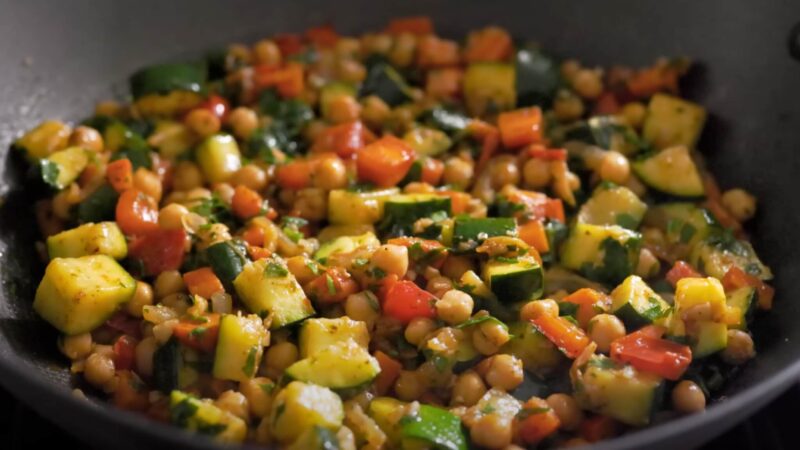
Add fiber-rich foods is crucial but should be done gradually to prevent bloating and gas. However, introducing fiber should be a gradual process, as too much fiber too soon can cause bloating and discomfort.
The goal is to incorporate fiber-rich foods slowly, allowing your digestive system to adjust while still reaping the benefits of enhanced digestion and nutrient absorption.
- Cooked vegetables: Carrots, spinach, and other soft-cooked vegetables are excellent choices.
- Fruits: Such as bananas and peeled apples, offer nutrients and fiber without irritating the gut.
- Whole grains: Start with low-fiber options like white rice, then gradually include more whole grains as tolerated.
The key to adding fiber-rich foods to your recovery diet is a gradual approach. Since your digestive system may be more sensitive after surgery or illness, introducing fiber slowly will help prevent according to the Mayo Clinic:
- Bloating
- Gas
- Diarrhea
It’s advisable to start with easily digestible options like cooked vegetables, bananas, or white rice and then progressively increase your intake of more fibrous foods.
Monitor your body’s response, and consult with a healthcare professional if you experience any discomfort.
4. Protein: The Building Blocks of Healing
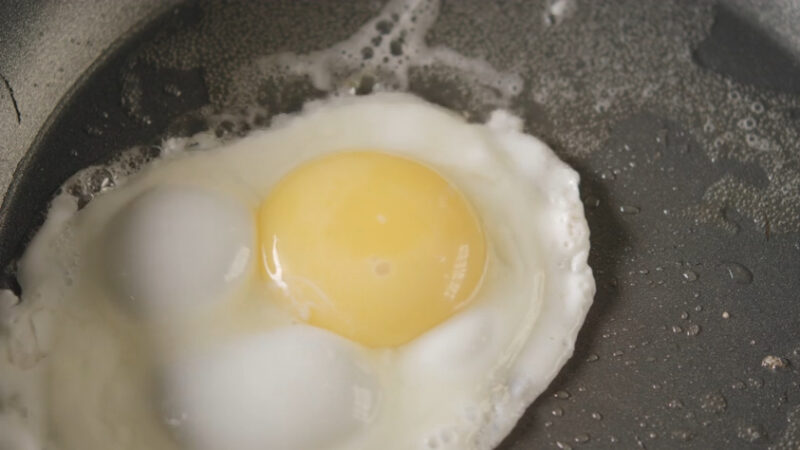
Protein plays a crucial role in the body’s ability to repair tissues, heal wounds, and maintain muscle strength, making it an essential component of your recovery journey.
During recovery, the body’s demand for protein increases, as it works to rebuild tissues and repair cells.
A lack of protein can slow down the healing process, lead to muscle loss, and prolong recovery. Therefore, incorporating a variety of protein-rich foods into your diet is critical as noted by Harvard Health.
Here are some protein-rich food options that can help support your healing process:
| Food Category | Examples | Notes |
|---|---|---|
| Lean Meats | Chicken, turkey, fish | Excellent sources of low-fat protein |
| Eggs | Soft-cooked, scrambled | Gentle on the stomach, rich in protein |
| Legumes | Lentils, beans | Protein-rich, introduce slowly to monitor digestive response |
In addition to these options, you can also consider dairy products like yogurt and cheese, or plant-based protein sources like tofu and tempeh, especially if you’re following a vegetarian or vegan diet.
The key is to find protein sources that are easy on your digestive system while meeting your body’s needs for recovery.
Foods to Avoid
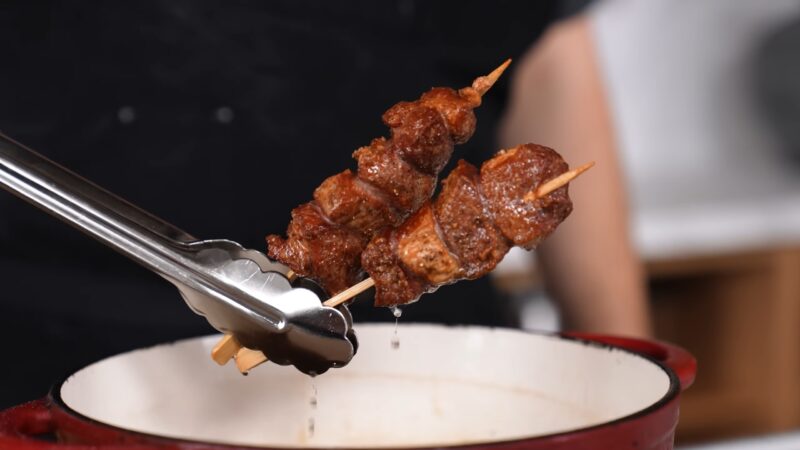
While focusing on incorporating nutritious foods into your post-appendectomy diet, it’s equally crucial to know which foods to avoid to prevent discomfort or complications.
After surgery, the digestive system may be more sensitive, and some foods can slow the healing process or cause unwanted side effects.
| Food Categories | Reason to Avoid | Potential Effects on Digestion |
|---|---|---|
| Fried and fatty foods | Hard to digest; may cause stomach upset | Stomach upset |
| Dairy products | Difficult for some to digest post-surgery | Digestive discomfort |
| Spicy foods and condiments | Might irritate the digestive system | Irritation of the digestive system |
| Raw vegetables and fruits with skins | Harder to digest; may cause gas or bloating | Gas, bloating |
| Nuts and seeds | Difficult to digest until full recovery | Digestive discomfort |
Practical Tips and Tricks
- Listen to Your Body: Everyone’s recovery is unique. Pay attention to how your body responds to different foods and adjust your diet accordingly.
- Hydration is Key: Drink plenty of fluids to help prevent constipation and ensure your body is well-hydrated.
- Small, Frequent Meals: Instead of three large meals, opt for smaller, more frequent meals throughout the day to ease the burden on your digestive system.
- Seek Professional Guidance: Consult with a dietitian or your healthcare provider to tailor your diet to your specific needs and recovery stage.
FAQs
Summary
Recovery after appendix removal surgery is a process that demands patience, care, and attention, especially when it comes to your diet. By embracing the right foods and steering clear of those that could hinder your healing, you’re nurturing your body towards full health.
Remember that each individual’s recovery journey is unique, and what works for one person may not work for another. Therefore, always listen to your body and consult with healthcare professionals to tailor your dietary plan to your specific needs.
Understanding the benefits of outpatient procedures can further enhance your recovery strategy, offering insights into efficient and effective healthcare options.
References
- ncbi.nlm.nih – Clear Liquid Diet
- WebMD – Health Benefits of Applesauce
- LiveStrong – Banana Vs. Apple
- MayoClinic – Dietary fiber: Essential for a healthy diet
- Health Harvard – High-protein foods
- EverydayHealth – 11 Foods to Avoid When You’re Having Digestive Problems
- HealthLine – 11 Myths About Fasting and Meal Frequency
- VinMec – Why can coffee upset your stomach?
- MadeforthisMoment.Asahq – Effects of Anesthesia
Related Posts:
- What to Eat Post-Appendix Surgery for Optimal Healing
- Weight Loss After Gallbladder Removal Surgery –…
- What Not to Do After Sclerotherapy? Post-Treatment Guideline
- How Much Does Medicare Pay For Outpatient Surgery:…
- List Of Foods to Avoid for a Smooth Recovery After…
- First Time Under the Knife: What to Expect Before,…
